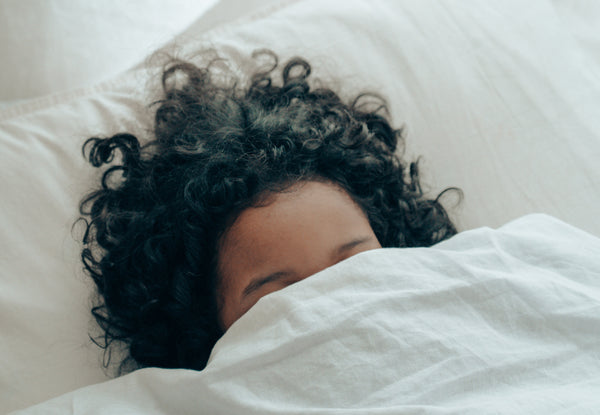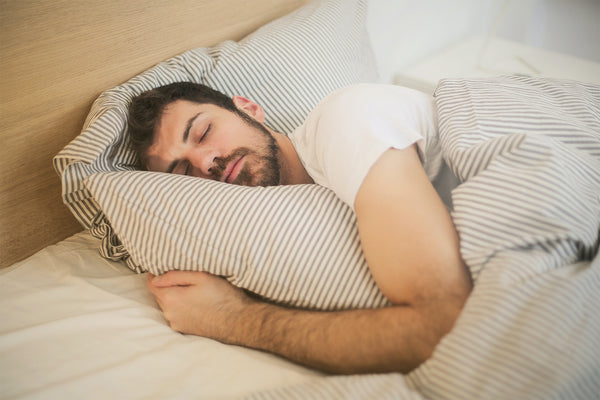Caffeine is one of the most widely consumed stimulants in the world. Whether you need an extra boost in the morning, an afternoon pick-me-up, or a late-night jolt, many of us rely on coffee or tea to get us through the day. But how long does caffeine last, and is it safe to drink coffee late at night? Let's take a look at the pros and cons of a late-night cup of joe and find out.
Introduction to Caffeine
Caffeine is a stimulant found naturally in coffee, tea, energy drinks, and chocolate. It has been used to help improve alertness and wakefulness, increase energy levels, and enhance performance. Caffeine is generally safe in moderation, but it can have side effects such as restlessness, insomnia, and anxiety. It is also addictive, so it's important to be aware of how much caffeine you're consuming.
What is Caffeine?
Caffeine is a psychoactive drug that stimulates the central nervous system. It binds to receptors in the brain, blocking adenosine, a neurotransmitter that helps regulate sleep. This causes the body to become more alert and awake. Caffeine also increases the release of dopamine, a neurotransmitter associated with pleasure and reward.
How Long Does Caffeine Last?
Caffeine has a half-life of about 5-6 hours, which means that it takes that long for the body to reduce the level of caffeine in the bloodstream by half. This means that if you consume 100 milligrams of caffeine, it will take 5-6 hours for your body to reduce it to 50 milligrams. The effects of caffeine can last anywhere from 2-10 hours, depending on the individual and how much they have consumed.
Pros and Cons of Caffeine
Caffeine has some benefits, such as improving alertness and wakefulness, boosting physical performance, and providing a temporary energy boost. However, there are also potential risks associated with caffeine use. Caffeine can cause restlessness, anxiety, and insomnia, as well as raise blood pressure and heart rate. It can also be addictive and may lead to withdrawal symptoms when it is stopped.
Caffeine and Sleep
Caffeine can interfere with sleep by delaying the time it takes to fall asleep and reducing the amount of deep sleep. This can lead to daytime sleepiness and fatigue, as well as difficulty concentrating and problems with memory. If you are using caffeine late at night, it can also cause difficulty sleeping, restlessness, and insomnia.
Determining How Much Caffeine is Too Much
The amount of caffeine that is safe to consume depends on the individual. Generally, up to 400 milligrams per day is considered safe. However, it is important to note that this amount can vary depending on your age, body weight, and sensitivity to caffeine. It is best to start with a low dose and increase gradually to determine what works best for you.
Caffeine and Health
Caffeine can have both positive and negative effects on health. In moderation, it can help improve alertness and physical performance, but too much can lead to restlessness and anxiety. Caffeine can also interact with medications, so it is important to talk to your doctor before consuming caffeine if you are taking any medications.
Alternatives to Coffee
If you are looking for an alternative to coffee, there are many options available. Herbal teas such as chamomile, peppermint, and lavender can help you relax and can be especially helpful if you are looking to wind down at night. Green tea contains small amounts of caffeine and is rich in antioxidants, making it a great choice for those looking to get an energy boost. Yerba mate is another option, with energizing and mood-boosting effects.
Conclusion
Caffeine can be a great way to get an energy boost and improve alertness and wakefulness. However, it's important to be aware of how long caffeine lasts and how much is too much. If you are consuming caffeine late at night, it can interfere with sleep and cause restlessness and insomnia. It can also interact with medications, so it's important to talk to your doctor before consuming caffeine.




